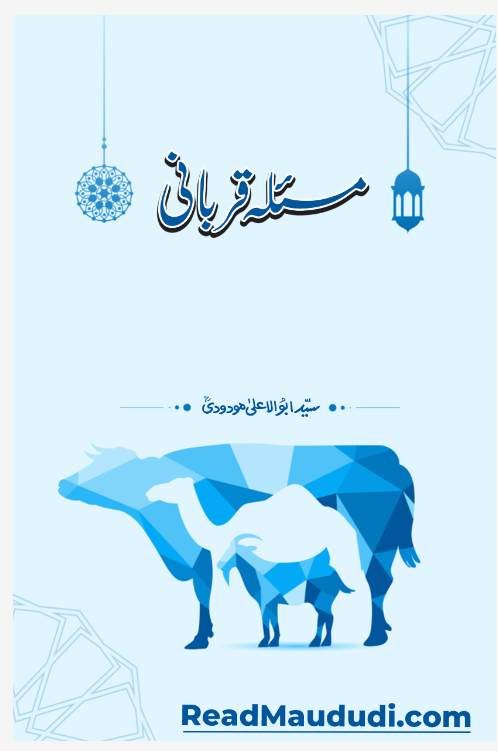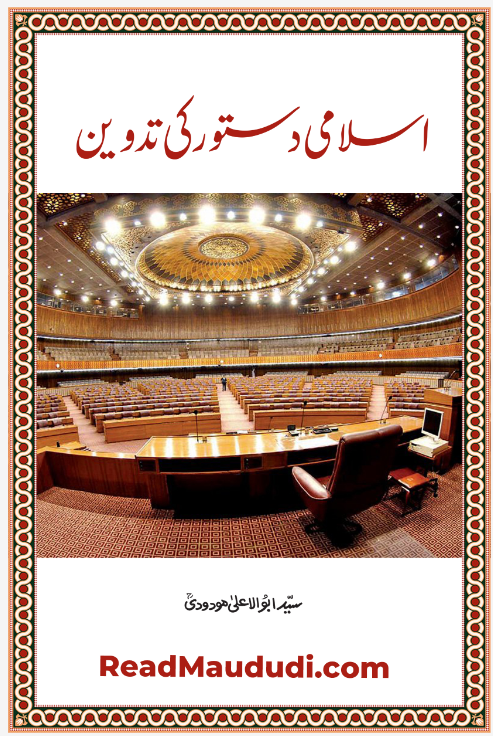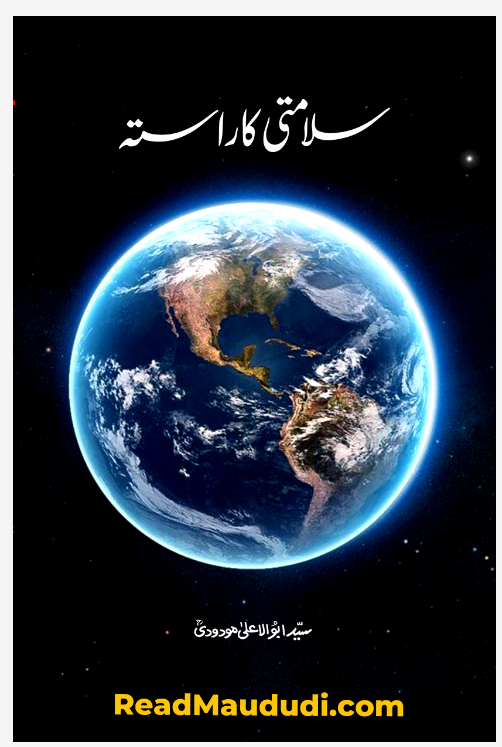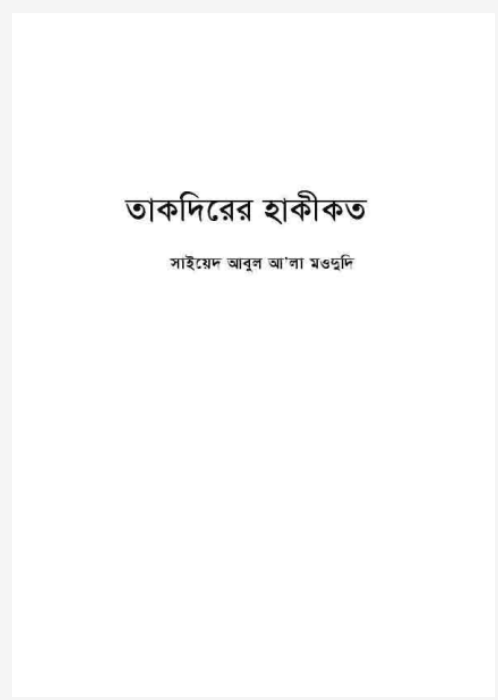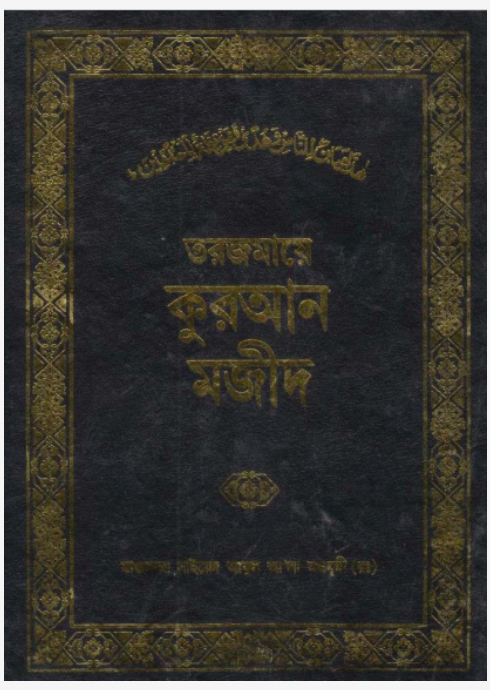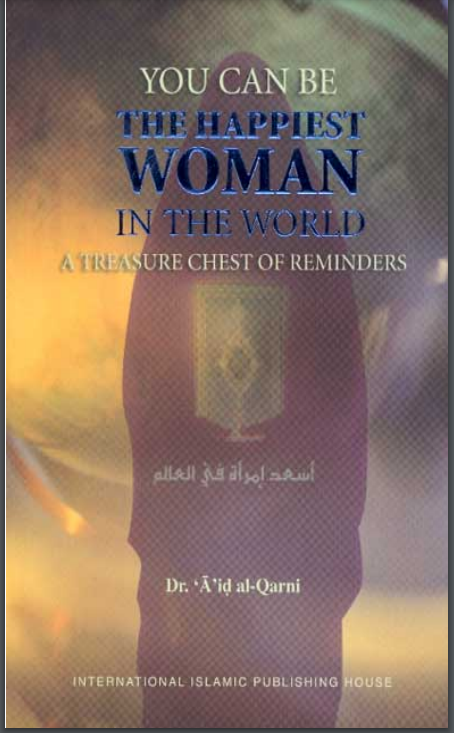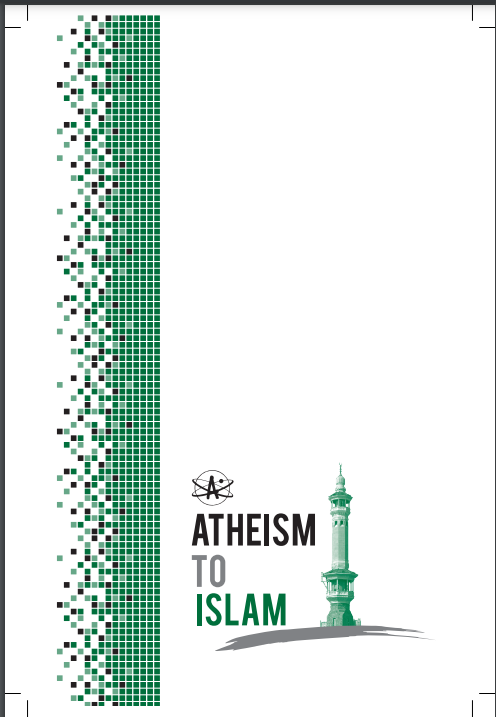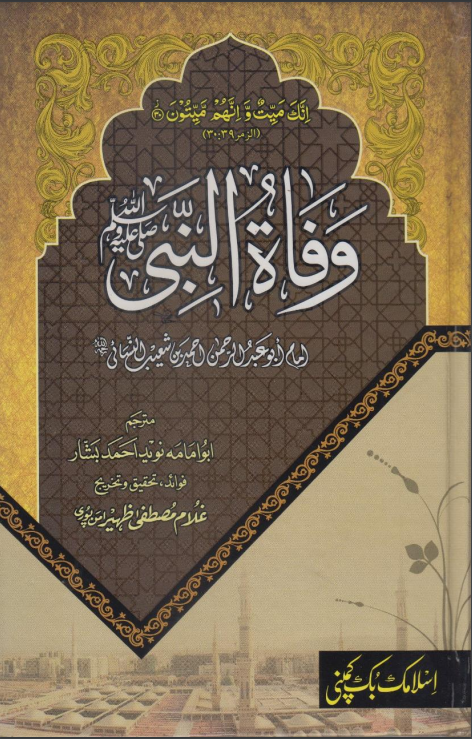.jpeg)
The Bible the Quran and Science With the Torah the Holy Scriptures Examined Under Modern Knowledge
Private Book Reader
Upload and read your personal PDF books in our secure reader
Read Your Private BookShort Audio Book Summary
The Bible the Quran and Science With the Torah the Holy Scriptures Examined Under Modern Knowledge Summary
0:00 / 0:00Reviews
No review yet. Be the first to review this book!
Description
"The Bible, The Quran, and Science: With the Torah, The Holy Scriptures Examined Under Modern Knowledge" is a book authored by Maurice Bucaille, a French medical doctor and author. First published in French in 1976, the book gained significant attention for its comparative analysis of the religious scriptures of Judaism, Christianity, and Islam in light of modern scientific knowledge. Key points covered in the book include: 1. Comparative Analysis: Bucaille examines passages from the Bible, the Quran, and the Torah, comparing them with scientific discoveries and theories. He explores how these religious texts address topics such as creation, cosmology, biology, embryology, and astronomy. 2. Scientific Accuracy: The author highlights instances where the Quran appears to anticipate or align with modern scientific knowledge, particularly in areas where scientific understanding was not prevalent at the time of the Quran's revelation. He argues that these instances demonstrate the divine origin of the Quran. 3. Historical Context: Bucaille provides historical context for the development of the biblical and Quranic texts, as well as the scientific knowledge available during the time of their composition. He discusses the influence of cultural, social, and theological factors on the interpretation of religious scriptures. 4. Misinterpretations: The book addresses common misconceptions and misinterpretations of religious texts, particularly in relation to scientific phenomena. Bucaille seeks to clarify these misunderstandings and reconcile apparent discrepancies between religious teachings and scientific facts. 5. Interfaith Dialogue: Through its comparative approach, "The Bible, The Quran, and Science" promotes interfaith dialogue and understanding among followers of Judaism, Christianity, and Islam. It encourages readers to appreciate the similarities and differences among these religious traditions and to engage in respectful discourse. Overall, Maurice Bucaille's book offers a thought-provoking examination of the relationship between religion and science, particularly within the context of Judaism, Christianity, and Islam. It contributes to ongoing discussions about the compatibility of religious beliefs with scientific discoveries and invites readers to critically evaluate their understanding of both faith and reason.










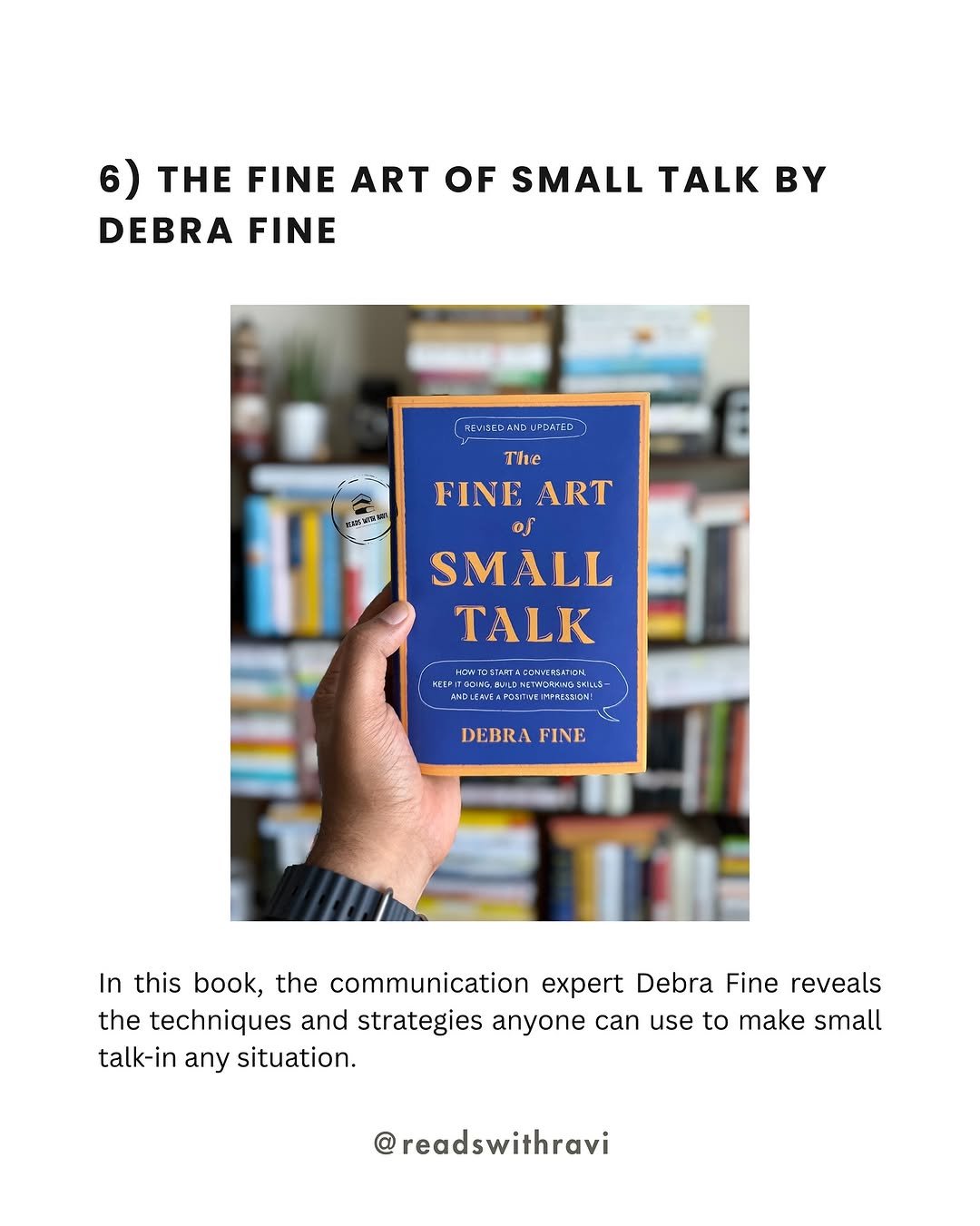

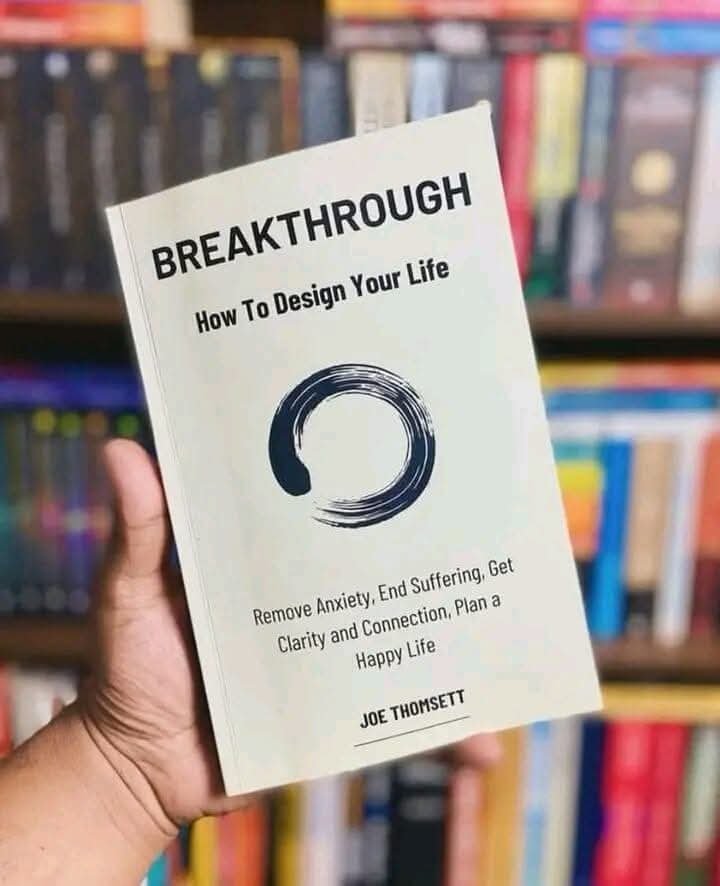





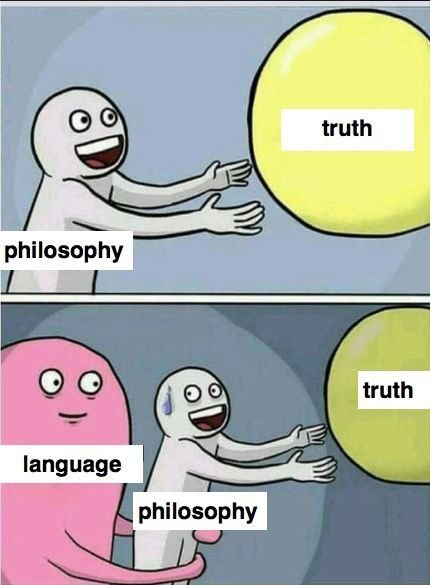











.jpg)

.jpeg)

.jpeg)








.jpg)

.jpeg)


.png)
















.jpg)




.jpeg)



.jpeg)




.jpg)
.jpg)

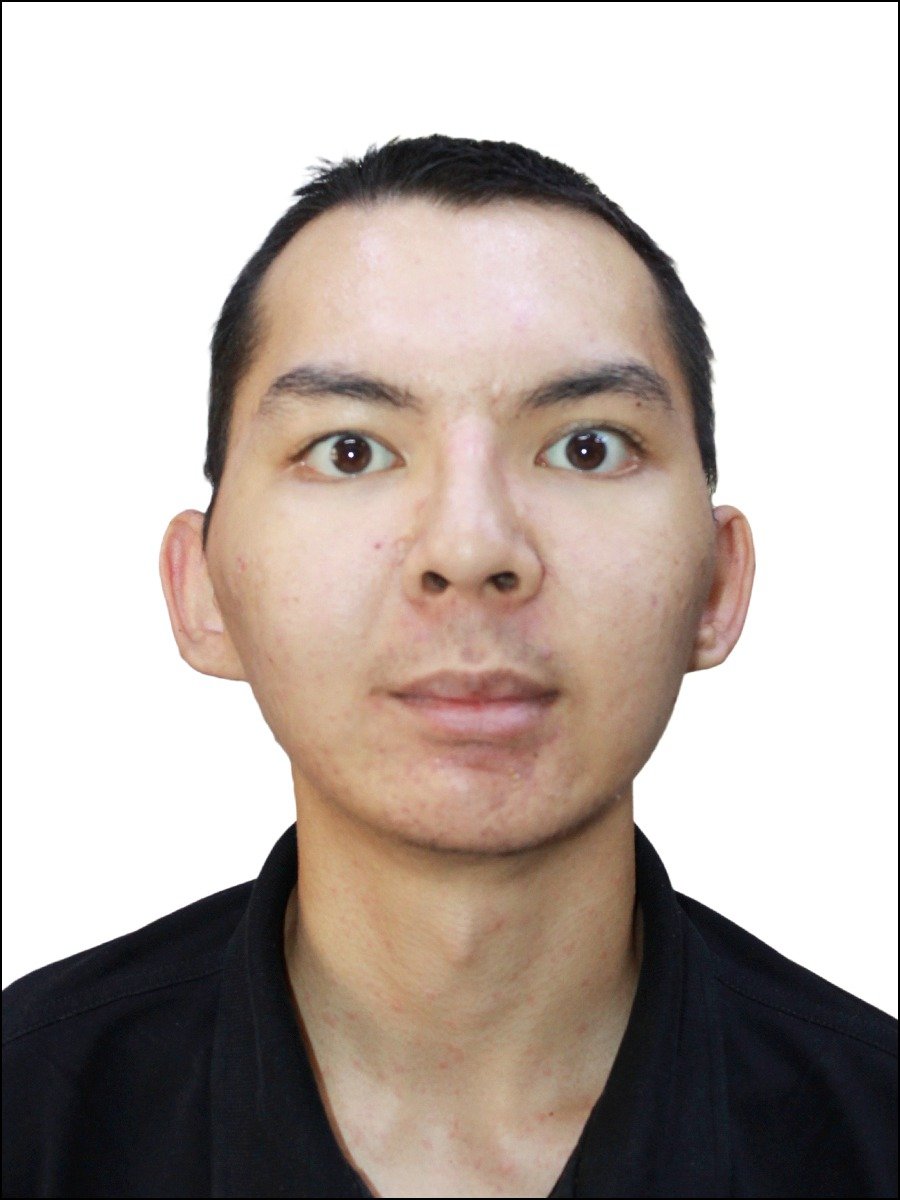

.jpg)

.jpg)

.jpg)









